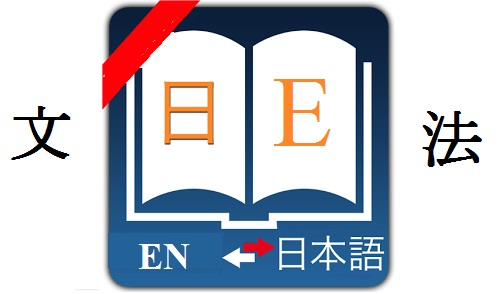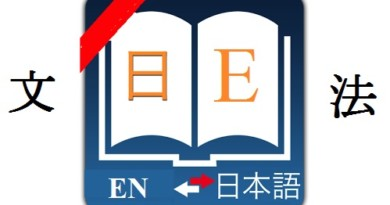Japanese たらいい grammar taraii
Let’s learn Japanese たらいい grammar taraii :
Formation :
Vたら+いい
Meaning and how to use :
Describing the speaker’s wishes. In the case that what happens is not desirable, it means that you wish everything happened the other way with a regretful mood.
Examples:
若いころ、ちゃんと勉強したらいいのに。
Wakai koro, chanto benkyou shitara iinoni.
I wish I had studied properly when I was young.
少しがんばったらいいなあ。今大学に合格したからね。
Sukoshi ganbattara ii naa. Ima daigaku ni goukaku shitakara ne.
I wish I had tried a little more. If so, I would have passed university entrance exam.
彼女に謝ったらいいなあ。そうすると、私たちの関係は今までの状況にならないから。
Kanojo ni ayamattara ii naa. Sousuruto, watashitachi no kankei wa ima made no joukyou ni naranaikara.
I wish I had apologized to her. If so, our relationship wouldn’t have become like today.
親に「愛してる」といったらいいなあ。今親をとても思い出すが、もうなくなった。
Oya ni `itoshi teru’ to ittara ii naa. Ima oya wo totemo omoidasuga, mou nakunatta.
I wish I had told my parents “I love you very much”. Now I miss them a lot, but my parents are gone.
あのドレスを買ったらいいなあ。
Ano doresu wo kattara ii naa.
I wish I had bought that dress.
Note: At the and of the sentence, we often use words like「のに/なあ/のだが」. If it’s 「たらなあ」 ,「いい」can be dismissed.
Above is Japanese たらいい grammar taraii. If you don’t understand the signs we used in formation, you can find their meaning here : signs used in Japanese grammar structures.
You can search the structure you want by using the search tool on our website (using key : grammar + ‘structure name’ or you can find more Japanese grammar structures in the following category : Japanese grammar dictionary
